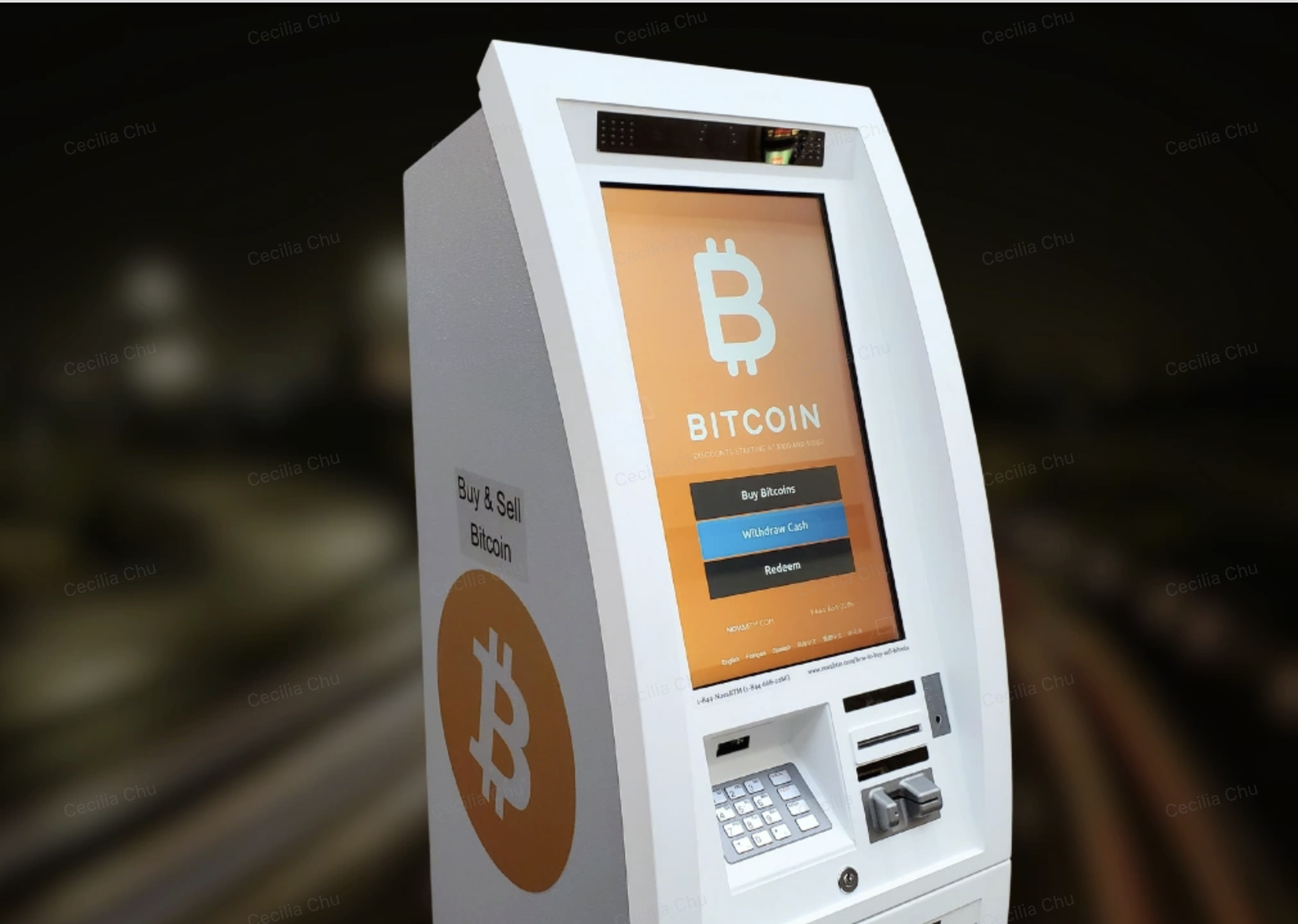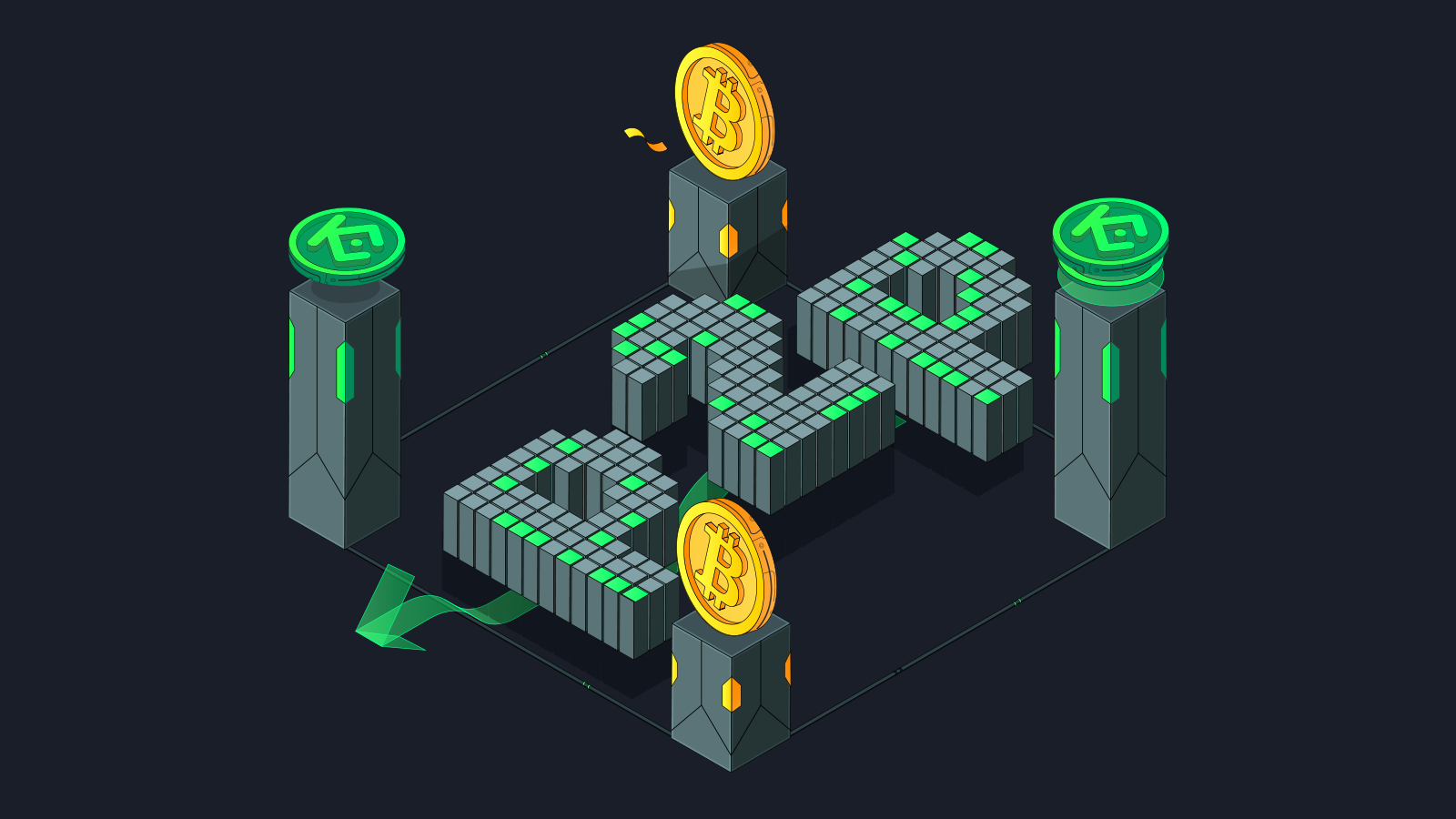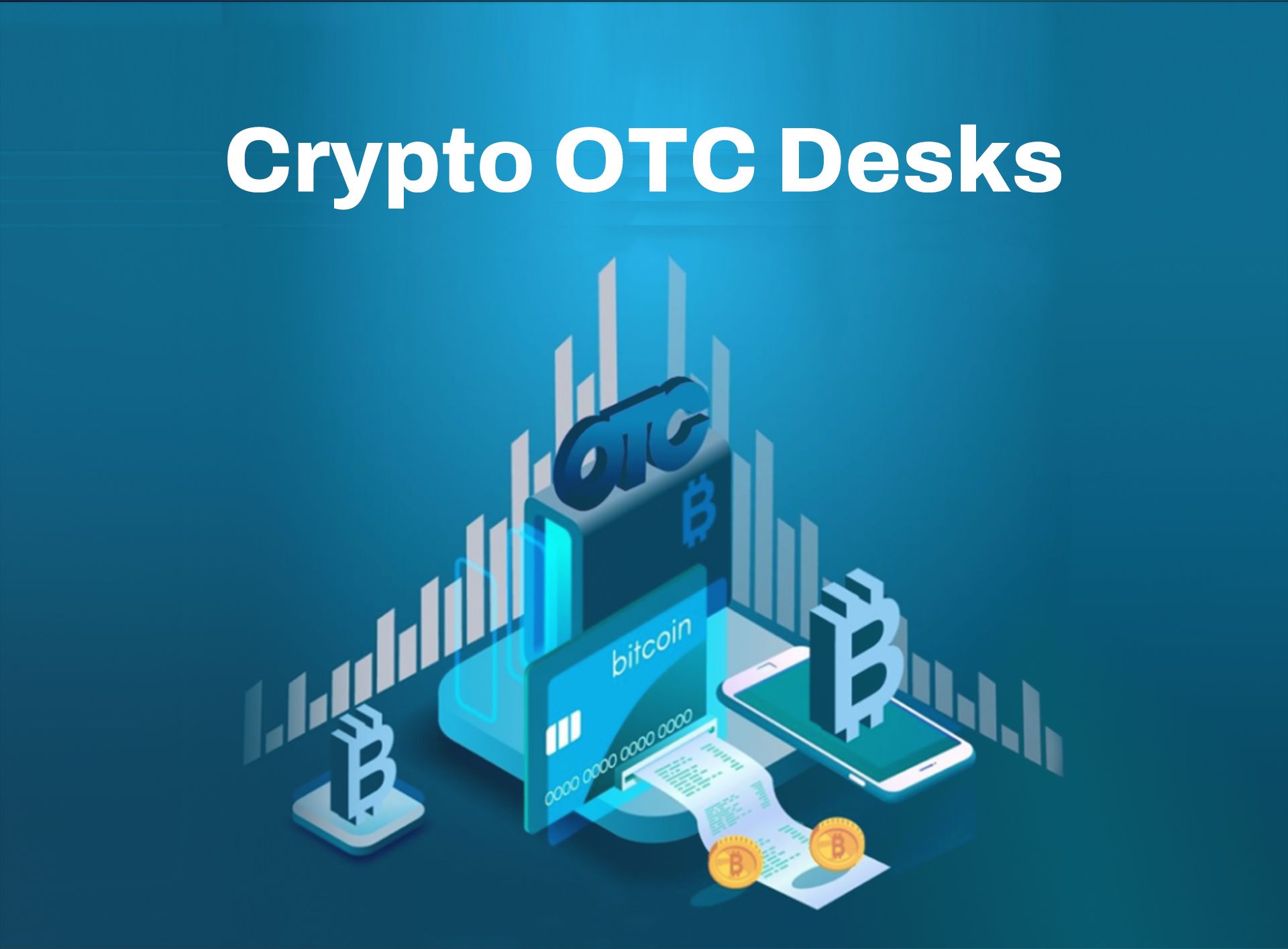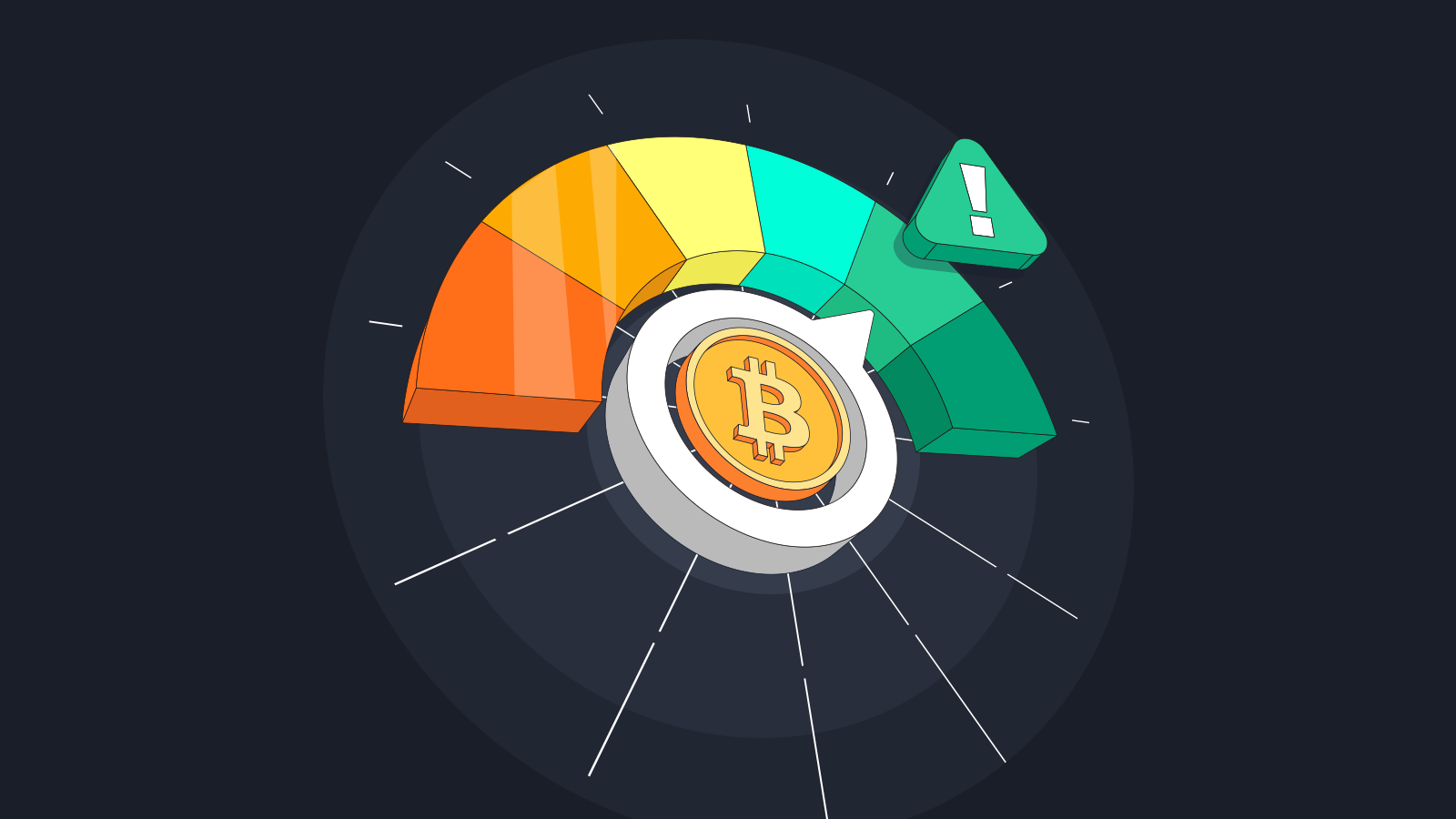Buying Bitcoin (BTC) can feel like a leap into the unknown, especially for newcomers. While online exchanges are popular, some people prefer or need to buy BTC offline for various reasons, like enhanced privacy or using cash. This guide will walk you through the essential methods for purchasing Bitcoin in person, highlighting the risks and providing crucial safety tips to help you make informed decisions.
Why Consider Buying BTC Offline?
Before diving into the "how," it's worth understanding why some individuals choose to buy BTC offline instead of through traditional online platforms.
1.Enhanced Privacy: Certain offline methods might involve less stringent Know Your Customer (KYC) verification processes compared to online exchanges. This can appeal to users who prioritize keeping their personal identity data private.
2.Cash Transactions: For those who prefer to deal in physical cash, offline channels offer a direct way to exchange fiat currency for Bitcoin. This avoids the digital footprint and potential delays associated with bank transfers or credit card payments.
3.Circumventing Banking Restrictions: Some users may face challenges purchasing cryptocurrency through traditional banks or online platforms due to banking policies, regional regulations, or personal credit limitations. Offline options can provide an alternative.
4.Perceived Trust and Immediacy: In specific communities or personal networks, face-to-face transactions might be seen as fostering trust and allowing for immediate asset transfer, although this doesn't eliminate all risks.
How to Buy BTC Offline: Methods and Major Risks
Understanding the different ways to buy BTC offline and their associated risks is crucial for your safety and the security of your funds.
1.Bitcoin ATMs

Bitcoin ATMs function similarly to regular bank ATMs, but they're designed for cryptocurrency transactions. You insert cash and scan your Bitcoin wallet address, and the machine sends the corresponding BTC to your wallet. You can find nearby Bitcoin ATMs using services like Coin ATM Radar.
1.Pros: They offer convenience and immediacy, making them suitable for small, quick purchases.
2.Cons: Fees are often very high (ranging from 5% to 15% or more). Many ATMs also require some level of KYC, like phone number verification, so privacy isn't always fully guaranteed.
3.Safety Tips: Always use ATMs located in well-lit, busy public places with surveillance. Be mindful of your surroundings, and protect your phone and wallet QR code from prying eyes or theft.
2.P2P In-Person Trading

This method involves using peer-to-peer (P2P) platforms to connect buyers and sellers online, who then arrange to meet in person to complete the payment with cash or another agreed-upon method. Platforms (like the formerly popular Local Bitcoins, or others such as Paxful) typically facilitate the match and provide an escrow service for the cryptocurrency.
While platforms like KuCoin's P2P market allow users to trade directly with each other and support a wide range of online payment methods (bank transfers, PayPal, Wise, etc.), it's vital to understand a key point about "offline" cash meet-ups: KuCoin's P2P market itself does not directly facilitate or supervise any face-to-face cash exchanges. The platform's primary role is matching traders and providing cryptocurrency escrow to ensure the crypto is released once payment is confirmed. Buyers and sellers must independently arrange offline payment methods and bear all personal and financial security risks associated with the physical transaction.
Given the nature of cash meet-ups, this is the riskiest method for offline purchase, and we strongly advise against cash meet-ups.
-
Personal Safety Risks: Face-to-face cash transactions can pose significant personal safety risks, especially when dealing with large sums. You could be vulnerable to robbery, extortion, or other violent crimes.
-
Fraud Risk: You might encounter counterfeit currency, or fall victim to scams where the counterpart doesn't release the crypto after receiving cash (though platform escrow can mitigate the latter risk, it doesn't eliminate it).
-
Safety Precautions (If Unavoidable): If you absolutely must engage in an in-person cash transaction, implement extreme security precautions:
-
Choose a well-lit, monitored, and high-traffic public location (e.g., a bustling coffee shop, a bank lobby).
-
Inform at least one trusted friend or family member of your transaction time, location, and counterpart details.
-
Carry only the necessary cash and remain vigilant, avoiding any distractions during the transaction.
-
Crucially, confirm that Bitcoin has been sent to your wallet and has received sufficient network confirmations before handing over any cash.
-
Internal Link: To learn more about safe practices for P2P trading, please read our [Guide to Secure Cryptocurrency P2P Trading].
-
3.OTC Desks or Professional Brokerages

Over-The-Counter (OTC) desks or professional cryptocurrency brokerages offer services for large-volume trades, typically catering to individuals or institutions dealing with substantial amounts of Bitcoin. They often have physical offices and provide in-person consultation and trade execution.
1.Pros: Compared to P2P cash transactions, OTC desks offer higher security, professional services, better liquidity, and often more stable pricing.
2.Cons: They typically have higher minimum transaction thresholds, require strict KYC and Anti-Money Laundering (AML) checks, and fees might be higher than regular exchanges.
3.Safety Tips: Always choose licensed, reputable OTC institutions with a strong market standing, and ensure their trading processes comply with all relevant laws and regulations.
Secure Your Bitcoin: Essential Risk Management

The Bitcoin market is known for its high volatility, with prices capable of significant fluctuations in short periods. Therefore, prudently managing your risk is fundamental to ensuring the security of your investment, regardless of the purchase method you choose.
1.Only Invest What You Can Afford to Lose: This is the golden rule of cryptocurrency investing. Before you buy Bitcoin, ensure the funds you're committing won't impact your daily living expenses, emergency savings, or retirement funds. Cryptocurrency prices can plummet to zero, so investing only funds you are prepared to lose is a sound and responsible practice.
2.Diversify Your Investments: While Bitcoin has the largest market capitalization and highest recognition, shrewdlyallocating your assets means you shouldn't put all your funds into a single asset. Consider diversifying a portion of your funds into other promising cryptocurrencies, or balance your portfolio between traditional financial assets (like stocks and bonds) and crypto assets to mitigate overall investment risk. This well-considered strategy helps you buy BTC while avoiding overexposure to a single market.
3.Understand the Market, Don't Blindly Follow Trends: When you purchase Bitcoin, resist the urge to get swept up by "get rich quick" narratives. Take the time to learn the fundamental principles of Bitcoin, its underlying blockchain technology, market mechanics, and macroeconomic factors that can influence its price. A discerning investor makes decisions based on rational analysis and thorough research, rather than blindly trusting "inside tips" or social media hype.
Crafting Your Bitcoin Purchase & Storage Strategy
Effectively acquiring BTC isn't just about choosing a good platform or understanding the market; it also involves formulating a long-term investment and storage strategy that aligns with your personal financial goals and risk tolerance.
1.Consider Dollar-Cost Averaging (DCA): For newcomers, DCA is an exceptionally effective strategy. It involves consistently investing a fixed amount of money into Bitcoin at regular intervals, regardless of its price fluctuations. This method helps average out your purchase cost, reducing the risk of significant losses from a single high-point buy. It's particularly well-suited for those who wish to steadily accumulate Bitcoin over the long term, avoiding the anxiety of market timing.
2.Set Clear Investment Goals: Before you buy Bitcoin, ask yourself: Why am I purchasing Bitcoin? Is it for long-term holding, anticipating its future potential, or am I looking to speculate short-term for quick profits? Clearly defined investment goals will help you remain composed during market volatility and prevent impulsive trades, leading to more rational decisions.
3.Securely Store Your Bitcoin: After successfully purchasing Bitcoin, judiciously managing your digital asset storage method is paramount. While exchange wallets offer convenient trading functionalities, for larger amounts of Bitcoin, it's strongly recommended to transfer them to a cold wallet under your personal control (such as a hardware wallet). This is the best practice for preventing cyberattacks and safeguarding your assets. Learning how to securely manage your private keys and seed phrase (they are the sole proof of your asset ownership) is the cornerstone of well-consideredaction in the crypto world.
-
Internal Link: To delve deeper into different types of Bitcoin storage solutions, please consult our [Bitcoin Wallet Selection Guide].
-
External Link: Visit [A Reputable Crypto Security Best Practices Website (e.g., an authoritative crypto security blog or educational resource)] for more expert advice on protecting your digital assets
Conclusion
Securely acquiring Bitcoin and investing intelligently are critical lessons for every newcomer entering the cryptocurrency space. By prudently selecting your trading platform, responsibly managing your risks, and thoughtfullyformulating an investment strategy, you'll be better equipped to navigate market challenges and ensure the security of your digital assets. Remember, knowledge is power; continuous learning and maintaining vigilance are your most efficient allies in the crypto world. Happy investing!












